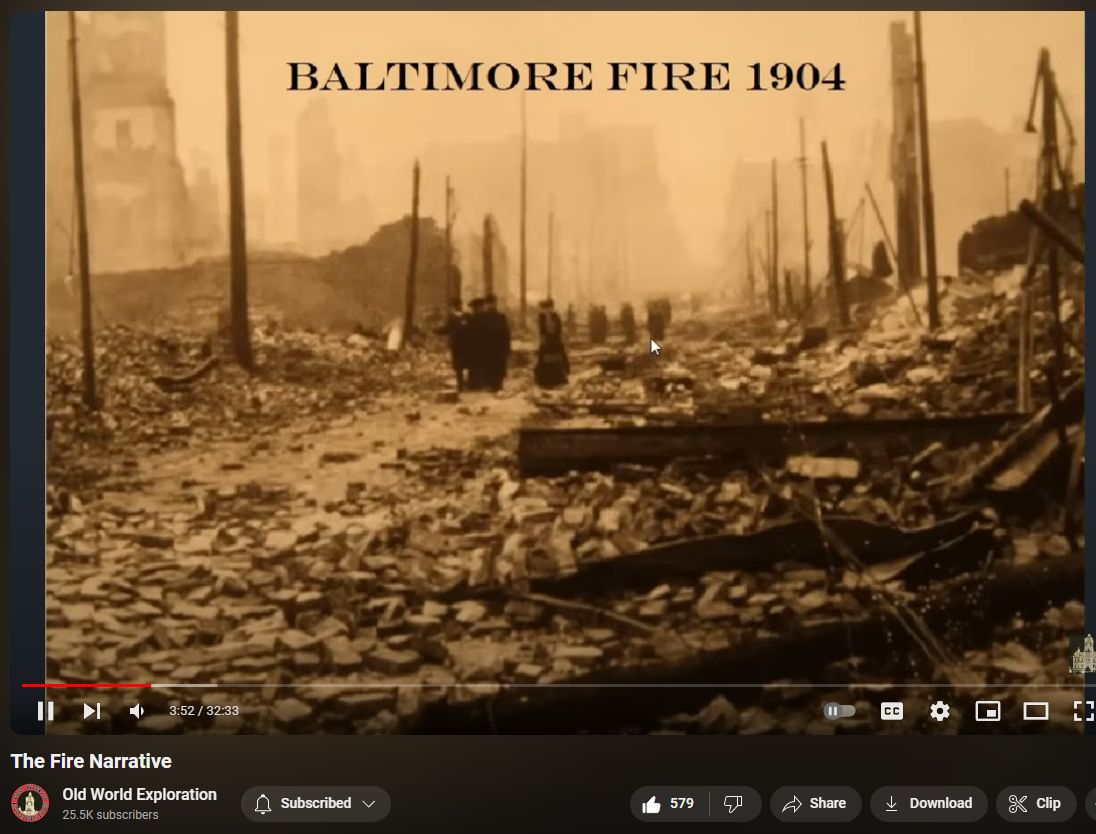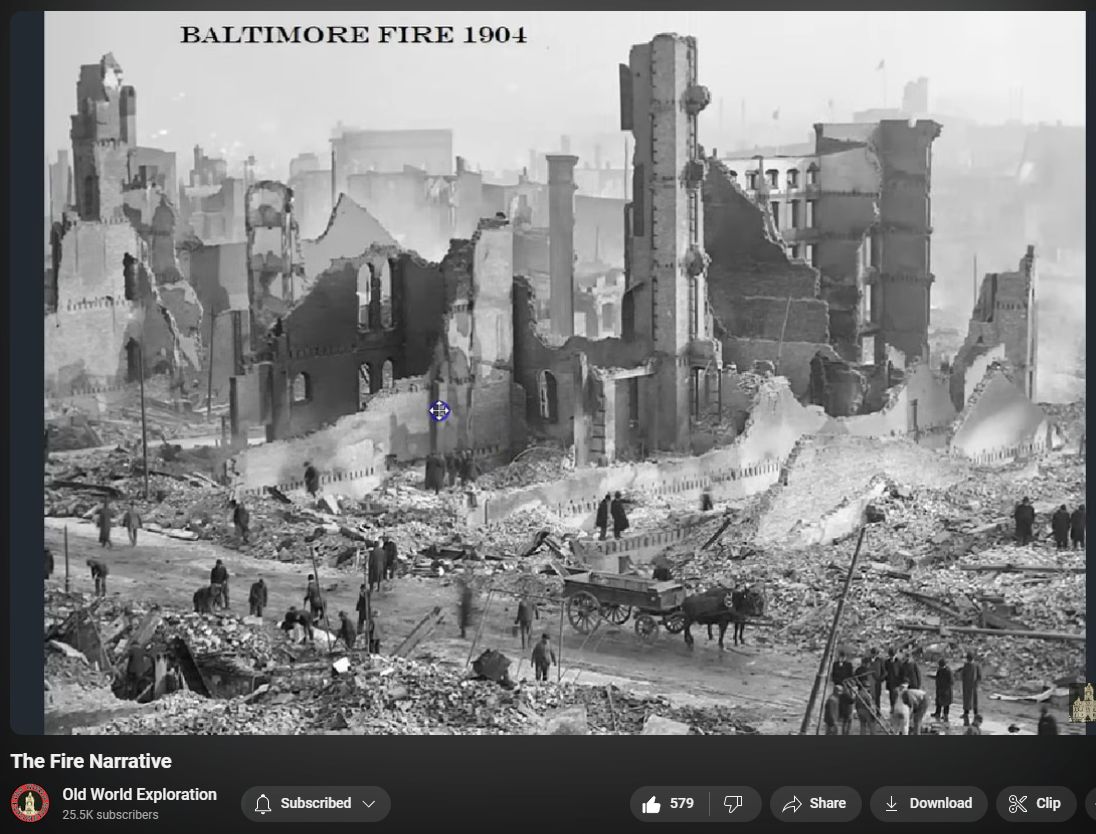History Itself Vulnerable The Fire Narrative
“They” keep doing the same thing because it keeps working…

The idea of history being lost—and potentially rewritten—following catastrophic events like fires is fascinating, particularly when thinking of how the destruction of documents and records reshapes power dynamics. The great fires in the late 19th and early 20th centuries, including those in Chicago (1871), Boston (1872), and San Francisco (1906), certainly destroyed massive quantities of records, especially those concerning property ownership and personal documents. Without the ability to prove property claims, ordinary citizens often lost land to banks, corporations, and the state, creating a shift in ownership that benefitted large entities with the legal and financial means to reestablish control.
During this period, corporations and powerful interests began consolidating resources and establishing controls over communication and education. With a significant number of displaced people, especially those from working-class backgrounds, the stage was set for shaping public narratives and cultural memory. As these individuals—many unable to rebuild—were either absorbed into factory jobs in urban centers or funneled into institutions (orphanages, asylums, and workhouses), they were exposed to controlled environments with limited external influence.
These scenarios mirror, on a different scale, the loss of knowledge with the burning of the Library of Alexandria. Like the ancient world, where centralized knowledge could be lost in a single conflagration, 19th-century fires eliminated dispersed records critical for individual rights. Each event effectively “resets” parts of the historical narrative, making it easier to control the information inherited by subsequent generations. Through educational and social institutions, narratives could be molded to reflect the interests of those in control, often under a guise of progress or modernization, impacting how society remembers its history.
In a sense, history itself becomes vulnerable to those who control the remaining knowledge, allowing them to “edit” the story as new generations emerge with limited resources to question it. The parallel to the Library of Alexandria’s destruction is apt; in both cases, the consolidation of knowledge, property, and narrative control shifted to those with the means to protect or exploit the remaining information.
Think of how PRECISELY THIS was just done Aug 2023 to all the indigenous families who owned most of downtown Lahaiana, Maui, Hawaii. WE ARE IN LIVING HISTORY EVERY MOMENT — too often, I think, we overlook that.
